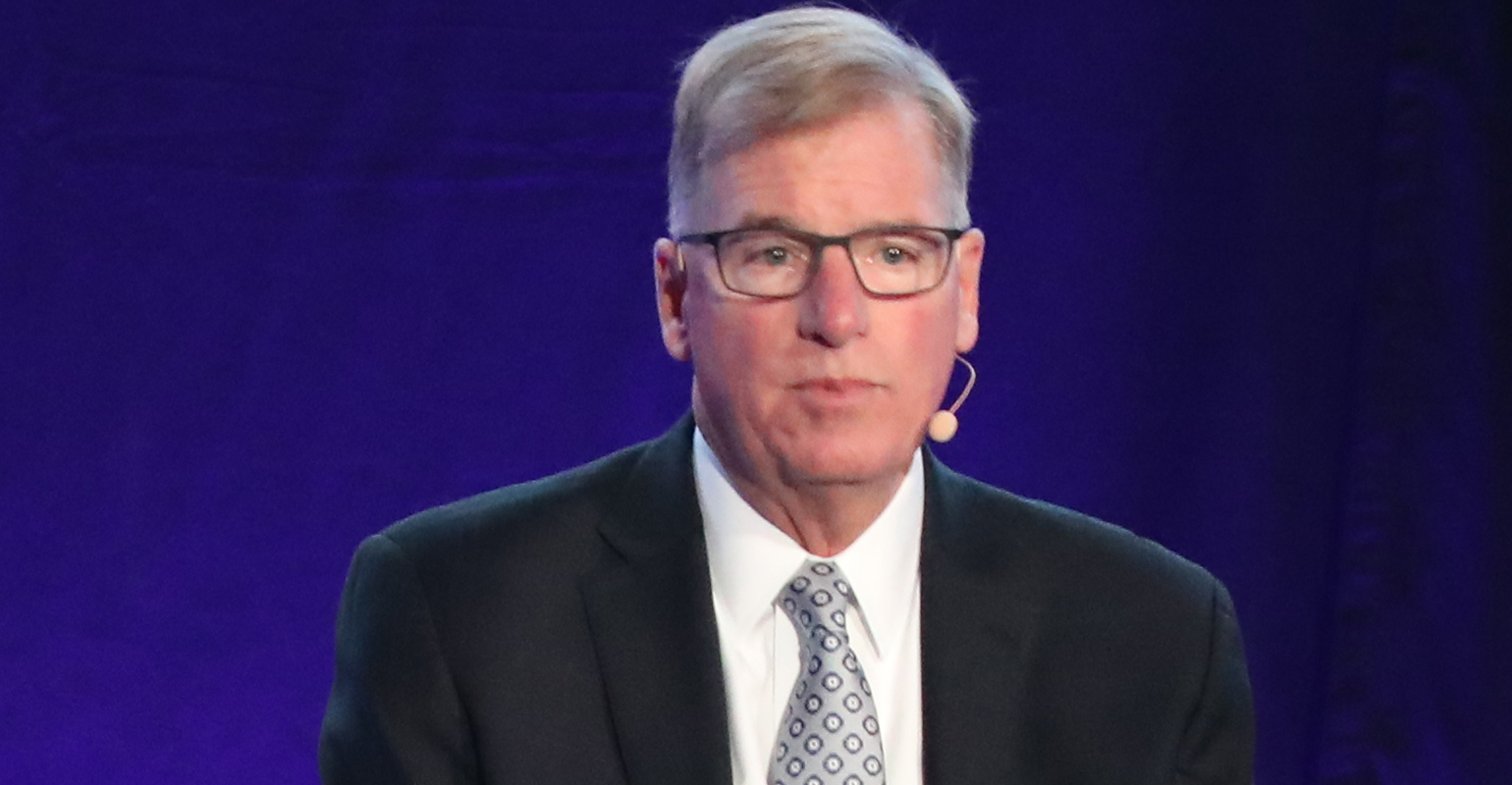Bernie Clark: The First Trillion Dollar RIA is Coming


The first $1 trillion RIA is coming, according to Bernie Clark, the outgoing head of Schwab Advisor Services.
During a presentation at Schwab’s inaugural Institutional Investor Day, Clark said the benchmark may not be reached “tomorrow.” Still, it would be soon, especially with the continued consolidation in the space.
Last week, Clark announced he’d be stepping down from his role as head of Schwab Advisor Services on June 28 and transitioning to an advisory role within the company. He’s been with Schwab for 25 years, the last 15 of which have been as head of the custodian.
Schwab’s RIA custody division currently has $4.3 trillion in total client assets, including $53 billion in core net new assets in 2024; the unit accounted for 24% of Schwab’s total revenue in the first quarter.
According to Clark, the number of advisors joining firms instead of starting their own RIA was quickly climbing. By joining existing businesses, these firms get “infrastructure basically for free,” similar to the independent broker/dealer model. But IBDs are going to be even more challenged going forward, providing an opportunity for RIAs to attract new advisors.
In 2018, the percentage of assets of “advisors in transition” that were ‘joins’ vs. ‘starts’ was 14% and 86%, respectively, according to Schwab data. In 2019, the gap narrowed to 25% vs. 75%, respectively, and in 2023, it stood at 44% joins vs. 56% starts.
The highest source of transitioning advisors in 2023 were IBDs, at 63%, followed by the wirehouses at 24%. Clark cited Dynasty Financial, Mariner Wealth Advisors, Mercer Global Advisors and Hightower as some of the players in the space who are helping advisors go independent.
“We expect joins are going to continue,” he said. “We are strong advocates for supported independence.”
Clark will be replaced by Jon Beatty, currently the chief operating officer for Schwab Advisor Services. Tom Bradley, a managing director at the custodian, will become chief client officer and report to Beatty.
When asked their thoughts on private equity investors beginning to exit their typically five to six-year deals, Clark said PE capital had “been additive to the industry,” citing United Capital’s acquisition by Goldman Sachs and subsequent spin back into the independent space as an example of the “stabilizing” force of capital. (Former United Capital CEO Joe Duran was less complimentary of PE’s influence during a discussion at Wealth Management EDGE last week.)
Beatty recalled recently speaking with the head of a “large enterprise leader” in the RIA space. While PE money typically lasted several years, this leader told Beatty how he could potentially “string” three or four deals together, one after the other, “and make it a 20-year event,” according to Beatty.
“There are a lot of fiercely independent advisors out there who want to be private and maintain that position,” Beatty said. “It’s interesting to see the minority players coming into the marketplace and how they’re supplying that capital without having to take a majority stake in the firm, and we think that’s healthy, as well.”
Clark and Beatty both mentioned Schwab’s conversion of TD Ameritrade, with Clark calling it “technically flawless” but not without its distractions.
Beatty said there was “a little bit of a pause” among breakaway advisors around the integration date in the middle of last year, with Beatty saying advisors wanted Schwab to finish their transition before they did their own. With a solid first quarter, Beatty believed Schwab’s business development “looks to be good” for the rest of the year.
Bradley found that while wirehouse reps were increasingly dually registered as a way to keep up with the expanding RIA space, there are still individuals “who want to break away from ‘Mother Wirehouse’” and build equity with their shops, he said.
“So I think, although you’ve seen them expand their capabilities, in the end, that’ll continue to grow the pot of potential breakaways that come over to complete independence with us,” he said.

Student loans often follow borrowers for years, sometimes decades. Even people who fully understand how much they borrowed can feel...

It was a busy week for RIA aggregators. There were a few large moves, including $235 billion multi-family office Cresset...

Blog Posts Archives UnfavoriteFavorite February 27, 2026 Weave: The Social Fabric Project Subscribe to Weave’s Newsletter This story was originally...